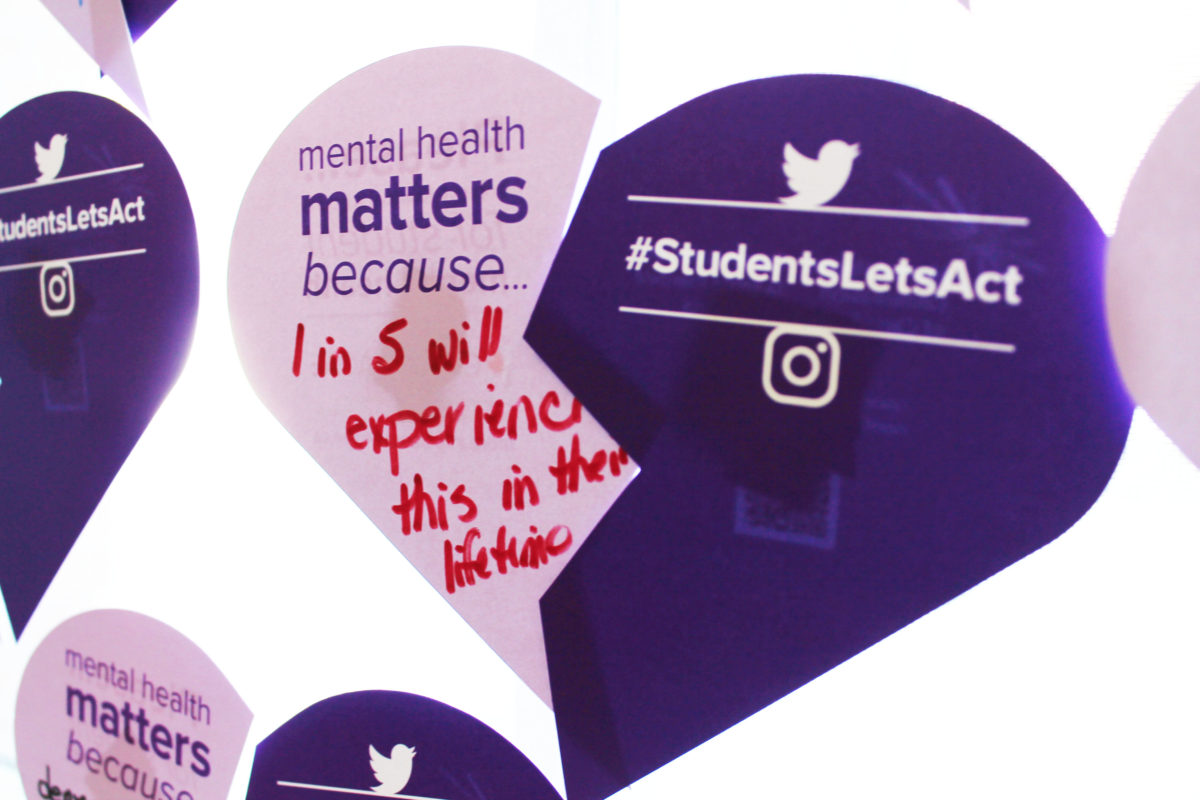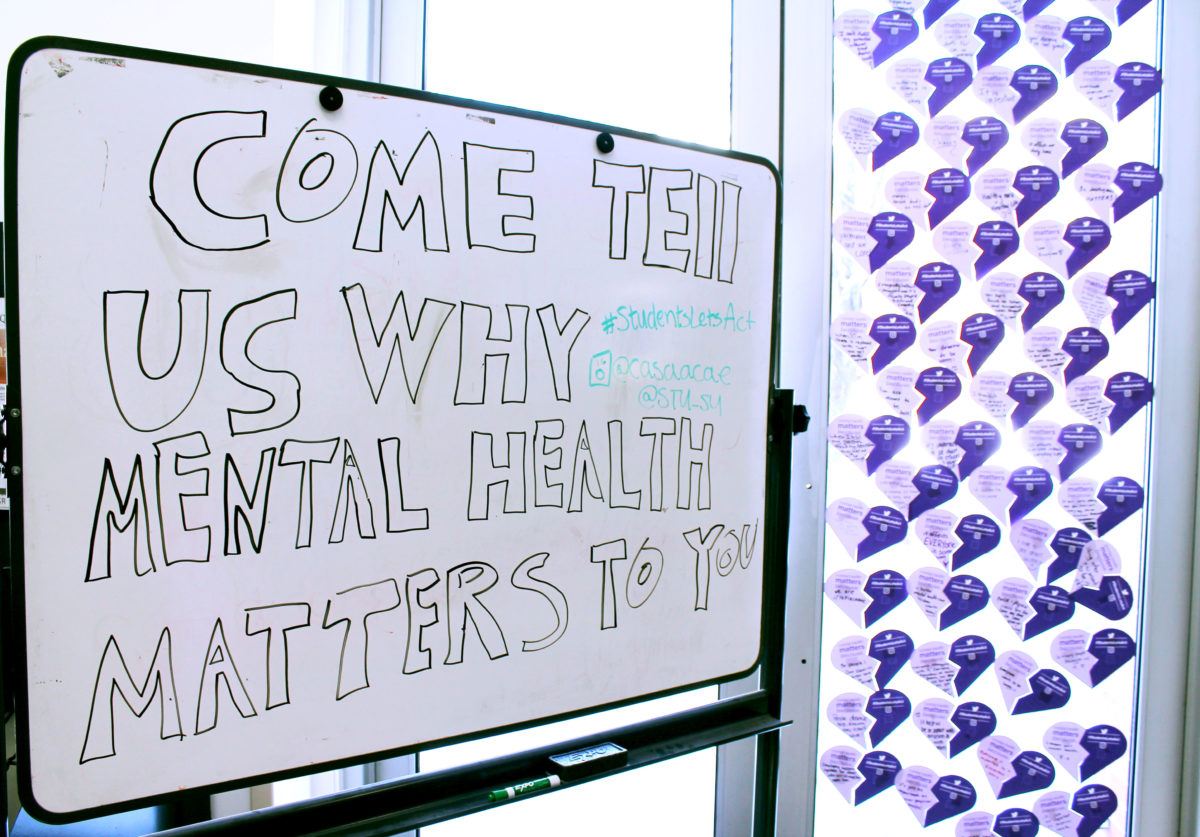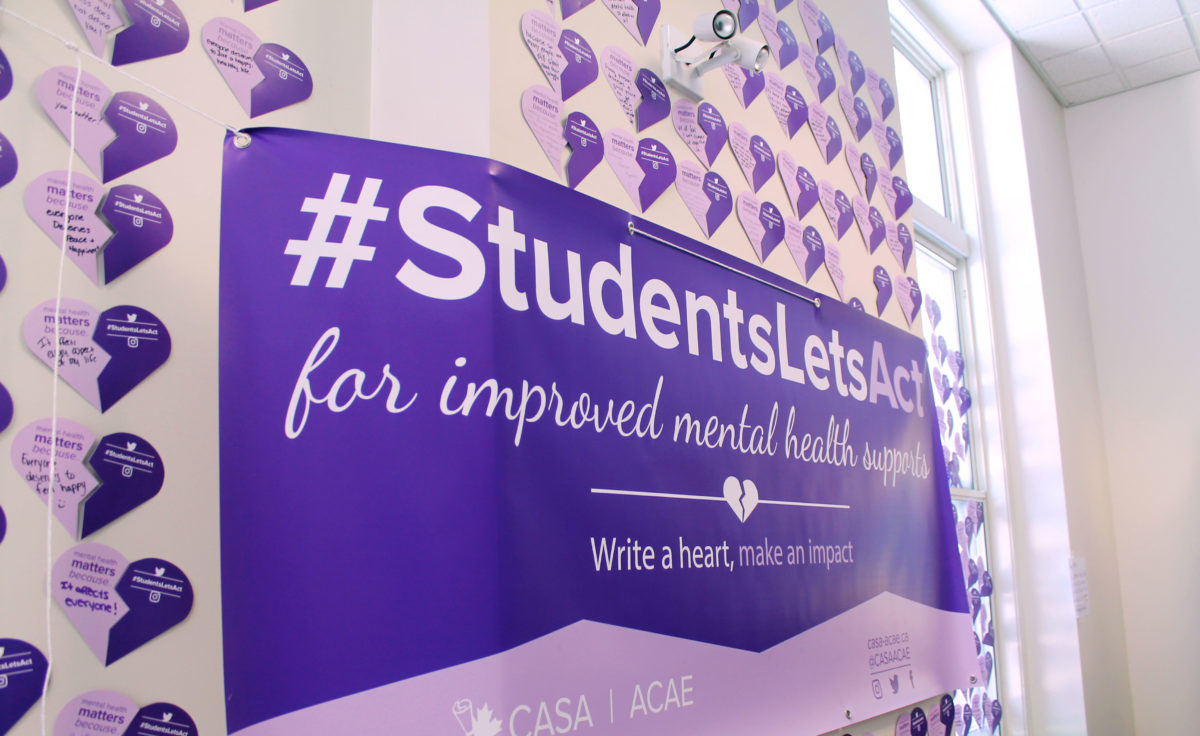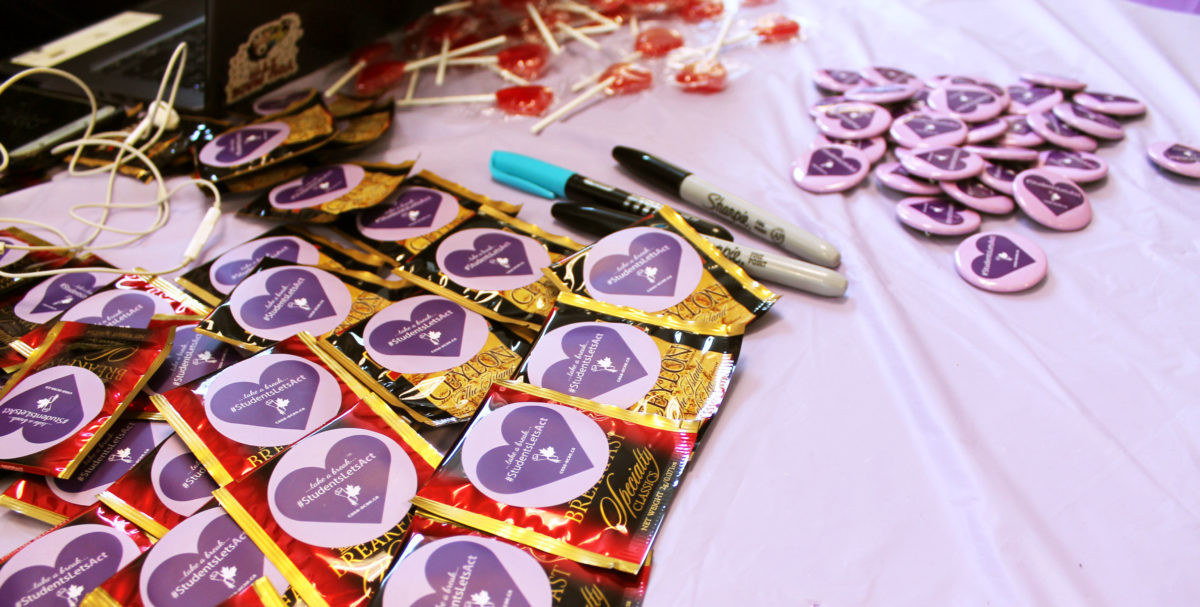
Since the Bell Let’s Talk campaign began in 2011, the initiative has raised more than $100 million for mental health services. After eight years of Bell Let’s Talk Day taking over social media, some students have become skeptical of the campaign.
Shannon Blackmore, a fourth-year communications and English student at St. Thomas University, no longer participates in the mental health awareness campaign.
“It’s almost like other people’s problems are a burden to most people on regular days because we don’t have the attention span and we don’t have the mental capacity to get past what’s going on in our own lives to care about what’s going on in somebody else’s,” said Blackmore.
Blackmore said she believes people are being genuinely supportive on Bell Let’s Talk day, but she’s reached out to people for support on other days and was let down.
“Over the years, I very quickly realized especially with my diagnoses of several different mental health issues, disorders, that people aren’t supportive all the time,” she said. “It’s like they pick and choose the days that they want to be. And because it’s a big event everyone knows about, they decide that’s the day they want to support it.”

Turning words into actions
This year, the Canadian Alliance of Student Associations announced a new campaign called Students Let’s Act. The campaign asks students to write on one half of a purple broken heart explaining why mental health on campus is important to them. The hearts will be sent to the federal minister of health to lobby for more mental health resources on campus.
Emma Walsh, vice-president education for St. Thomas University Students’ Union, said the campaign wasn’t created to replace Bell Let’s Talk, but to have students’ voices heard.
“We realized that there’s a lot of energy that’s often built up about mental health and students really want to do something more and so we were like, ‘How can we give students that opportunity to push for change in a collective manner that still respects showing support to other students?'” said Walsh.

Last year, fourth-year communications and Great Books student Katie MacDermaid started the STU Let’s Talk campaign to encourage students to vote yes to a STUSU referendum on a mental health fee.
“I really wanted to continue the conversation all year long, instead of just having the one [Bell Let’s Talk] day which is super important, but to carry it over,” she said.
MacDermaid said she drew inspiration for the page from Humans of New York, a Facebook page featuring photos and stories of people around New York.
“At first, I kind of started reaching out to people to see if they’d be willing to share their stories or just talk about why mental health is important and that kind of took off,” said MacDermaid.
MacDermaid keeps the conversation of mental health going on the STU Let’s Talk Facebook page by sharing mental health resources and on-campus events.

Supporting students
Although some students decided not to participate in Bell Let’s Talk this year, others still believe it’s an important and helpful initiative.
John Hunter, a third-year economics student sported a blue and white toque with a Bell Let’s Talk speech bubble logo printed on the side. He said the day is important to him because he knows a lot of people suffering from mental illnesses and the day sheds light on their experiences.
“I support Bell Let’s Talk and the whole Student Let’s Act movement itself because many people around us in post-secondary education struggle with mental illness on a daily basis. I know friends of my own and family of my own as well support it. I just feel it’s a very important cause to get behind,” said Hunter.

Hunter said although he supports Bell Let’s Talk, he believes more should be done and thinks the Students Let’s Act campaign is moving toward a much needed change.
“I think it’s a good initiative but we should make steps forward like Emma [Walsh] and the Students Let’s Act movement have been doing,” said Hunter.
Blackmore said she was happy to see the new Students Let’s Act campaign because it’s campus based with a hands-on approach. She appreciates that it does more than just talk about the issues.
“It supports mental health on campus and it is helping to at least start conversation,” said Blackmore.
